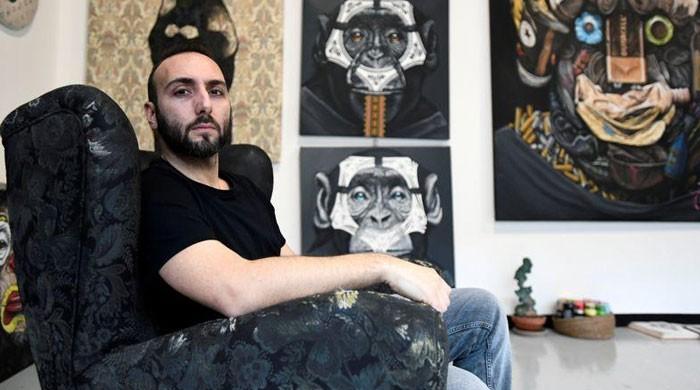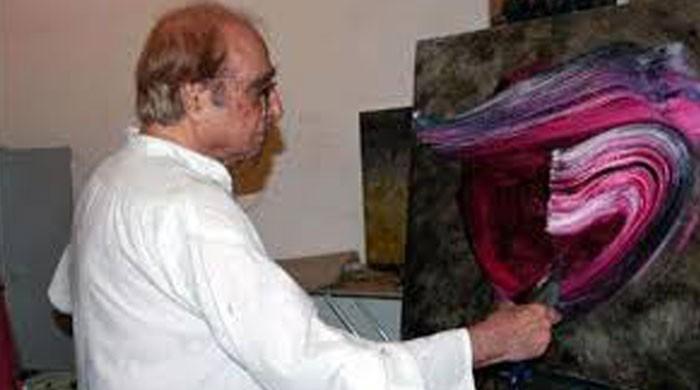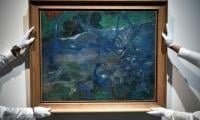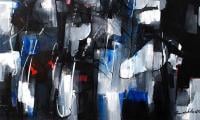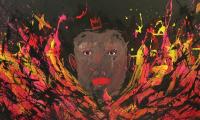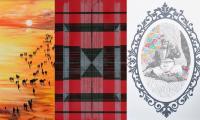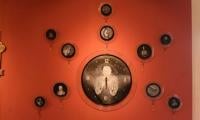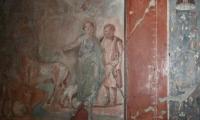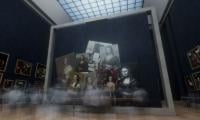1979, the year that changed arts, culture in Saudi Arabia
Saudi Arabia, which is generally viewed as one of the most conservative countries in the world, was once one of the most important countries involved in the promotion of art, music and culture.
The kingdom had produced several female singers in the past, Al Arabiya English reported.
These facts relate to the period of Saudi musical renaissance.
This renaissance reached its peak in the 1960’s when the musical band of the Saudi army was established.
Later, the army band was transformed into an orchestra that attracted a number of Arab musicians from Syria, Lebanon and Egypt, fostering a musical revival across the Gulf state and several musical bands and singers emerged.
Saudi female singers
Until the end of 1979, the Saudi television broadcast songs for the Star of the East Umm Kulthoum and other singers like Najat al-Saghira, Fayza Ahmad, Farid al-Atrach and Samira Toufic
The television also showed Samira Saeed’s songs when she first started singing during concerts in the 1970’s and when she appeared wearing the Moroccan outfit.
This is in addition to the airing of songs for Saudi folk bands and Saudi female singers like Toha and Ibtisam Lutfi, whom Ahmad Rami called the Star of the Peninsula, and Shadia of the Arabs and whom Riad Al-Sunbati composed songs for.
Some of these female singers had even played music instruments, for example Fatima and Aisha Zaidieh were well-known for playing instruments such as the oud and violin.
New reality
‘The boom’ of the 1970’s period coincided with an increase in oil revenues. At the time, oil was newly discovered and Saudi governments dreamed of developing a state that competes with other Arab republics.
The newspaper reported that this phase (1970’s) influenced all aspects such as arts, theatre, cinema and music.
However the Iranian revolution erupted in 1979, which deeply influenced East Saudi Arabia.
The Sahwa
Men preaching Islamic teachings found themselves with a free rein. A movement called the Saudi Sahwa emerged and it launched a relentless war between 1980 and 2000 against poets and artists as well as against the cinema, theatre and even television in general.
This movement was established with the support of a group of clerics following their propagation activities to wake people up from their slumber, as they called it.
Saudi author Abdo Khal said: “Before Juhayman, life had a normal trajectory, but after him we witnessed a history full of extremism.
Musical instruments were broken and people cheered the breaking of oud instruments. Juhayman was glad that his message had spread. Darkness reigned everywhere. The television was the first to be affected as people woke up to prohibitions that turned the society into a zone that seeks to prohibit all life-like activities”.
-
Rare Gauguin fetches 9.5 mn euros at Paris auction
-
Vibrant compositions
-
Artist Mashkoor Raza's bold and soft compositions
-
Sanki King brings a burst of energy in graffiti
-
Remembering the forgotten
-
‘Being Edhi’ – means to serve humanity
-
New technique reveals lost splendours of Herculaneum art
-
Louvre offers virtual ´tete-a-tete´ with the Mona Lisa

